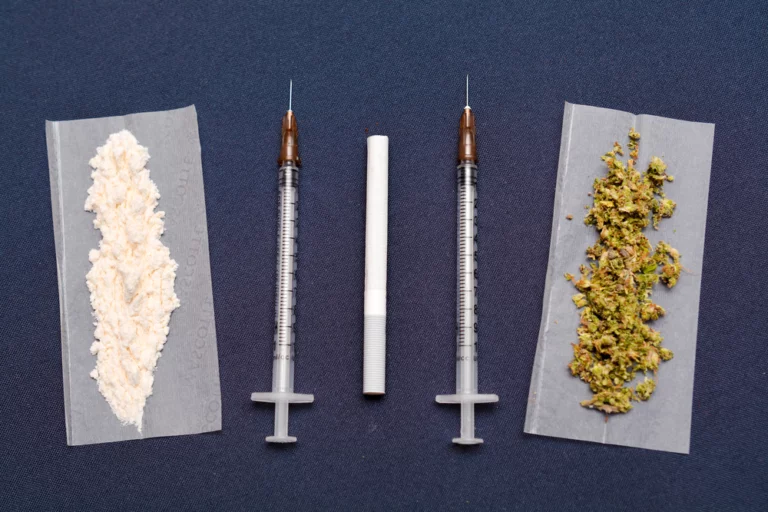Who is Most at-risk for Opioid Addiction?
Opioids are among the most abused and addictive drugs in the United States. According to a study conducted by the Substance Abuse and Mental Health Services Administration, around 10 million people ages 12 and older misused opioids in 2019, primarily due to opioid addiction. Although an opioid addiction can be developed in nearly any individual, regardless of race, ethnicity, gender, sexual orientation, or level of income, research has shown that there are certain demographics more at-risk for opioid addiction than others.
What is an Opioid?
Opioids are a classification of drugs; drugs in this category are derived from opium, which can be found naturally in poppy plants or manufactured synthetically. Most often, opioids are used for the purpose of pain relief. This is because opioids possess the ability to block the pain signals that are sent between the brain and different parts of the body. Many versions of opioids can be obtained legally through a prescription from a doctor; these drugs include OxyContin and Vicodin. However, opioids can also be obtained illegally in the form of heroin.
How do Opioids and an Opioid Addiction Affect a Person?
No matter the form they take, opioids are a depressant. This means they essentially slow the body down, creating a relaxed feeling by blocking pain signals. From this, opioid use can also lead to other side effects, such as confusion, drowsiness, constipation, nausea, slowed breathing, and a sense of euphoria.
Although these effects may appear harmless, they can be extremely dangerous when opioids are misused. If one’s breathing is slowed too much, it can lead to hypoxia, a condition occurring when not enough oxygen reaches the brain. This can lead to comas, permanent brain damage, and death — in some cases.
Who is Most at-risk for Opioid Addiction?
Any individual using a prescription opioid or heroin is at risk of developing an opioid addiction. However, the following populations are often considered most at-risk for developing an opioid addiction due to a number of circumstances:
Young Adults
Of the many age groups that have been studied, young adults are the most at-risk age group for developing an opioid addiction. While there is no conclusive answer, researchers have speculated that the pressure young adults feel while joining the workforce and leaving home not only contributes to opioid use but misuse as well. Another factor is the lack of completed brain development in young adults. Sadly, their brains can more easily be manipulated by opioids, essentially rewiring them for addictive behavior.
Individuals with Mental Health Conditions
Another group that is more at-risk for opioid addiction is individuals with mental health conditions. While prescription opioids can be a beneficial means to reduce bodily pain, they are not a cure or a solution to mental health problems. Unfortunately, opioids and an opioid addiction most often make a person’s mental health worse. However, because they provide users with a feeling of euphoria, individuals with mental health conditions like anxiety and depression are more likely to misuse opioids and become addicted to them.
Individuals with a History of Substance Abuse
An addiction of any kind will create significant changes in an individual’s brain. Typically, the brain is modified to reinforce addictive behaviors. Because of this, individuals who have a history of substance abuse or have had an addiction to another substance in the past are also one of the most at-risk populations for opioid addiction. It is best for anyone who has misused or abused substances in the past to stay away from any kind of addictive substance, including opioids.
Looking for an Opioid Rehab in North Carolina?
Opioid addiction can be difficult to overcome, but it is possible through professional addiction treatment and support. If you or a loved one is living with opioid addiction, help is available! At Oasis Recovery, our team of addiction specialists can provide a variety of addiction treatments to help treat the root cause of addiction and foster lasting sobriety. Contact us today for more information on addiction treatment and opioid rehab in North Carolina!











